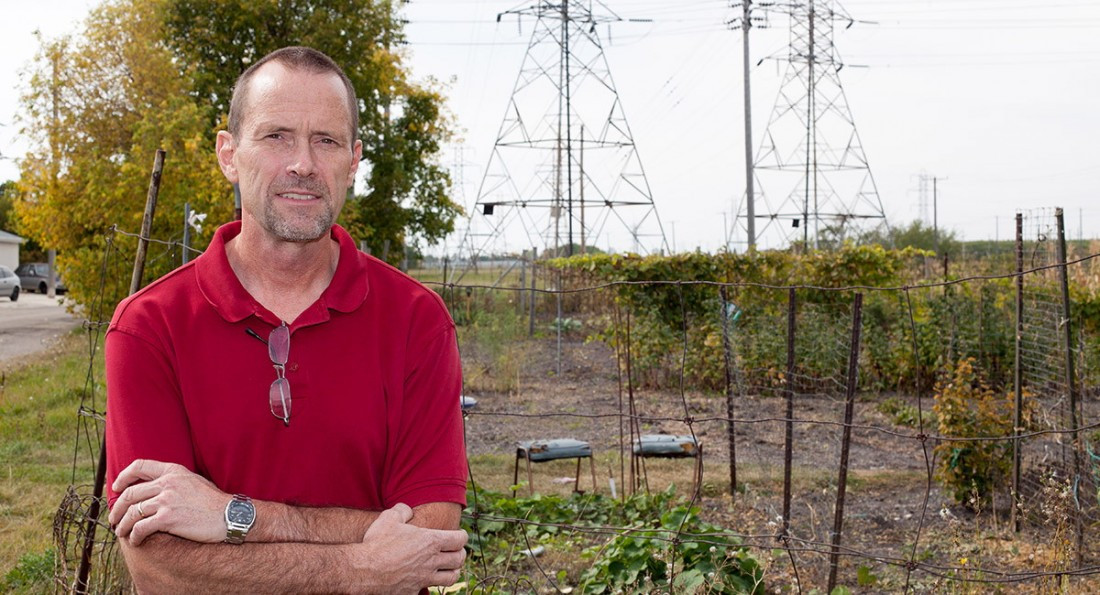Shrinking wetlands
Winnipeg’s biggest greenspace threatened by developer, proposed rapid transit
One of the largest, if not the largest green space in Winnipeg is being threatened by a new development. The Parker Wetlands between McGillivray Boulevard and Pembina Highway have been chosen as the route for the second line of rapid transit to be built once the city secures funding.
Gem Equities Inc., which purchased the Parker lands in 2009, plans on using the area to build more housing. The second route for the rapid transit line is set to go through this new development, connecting to the existing rapid transit route at Jubilee Avenue, through Parker Park, and eventually to the Stadium Station on the University of Manitoba’s Fort Garry Campus.
Cal Dueck, co-chair of the Parker Wetlands Conservation Committee, opposes the new development and proposed rapid transit route. “This is the largest green space left in Winnipeg as far as we know,” he says. “The largest wetlands left. And the wetlands would all disappear if this gets developed.”
Parker Wetlands Conservation is still putting up a fight even though the proposal was approved by city councillors in an 11-5 vote in March. “I’m still relatively optimistic,” Dueck says. “We’re not nearly done yet, we’re still doing fundraisers, we’re still working actively on promoting the green space.”
John Orlikow, city councillor of the Fort Garry/River Heights ward is one of the 5 councillors to vote against the proposal.
“It actually degenerates the neighbourhood,” Orlikow explains. “It’s certainly one of the last urban green spaces like that, so from the urban planning model, I think it’s a bad idea, environmentally and financially.”
Councillor Dan Vandal (St. Boniface) is known to support the project, telling Metro News, “The key consideration is that this is the cheapest option and believe it or not this is the option with the least impacts on the neighbours.”
Orlikow, on the other hand, is convinced the transit line will never be built.
“I still don’t believe the project is ever going to happen. The city has to earmark how we’re going to pay for it.”
Mayor Katz is currently trying to secure P3 funding. “If we are successful at getting the money from [P3], it’s less than a third of their commitment so we’re still really short,” Orlikow says. “The city has a max debt-load that we are allowed to carry and we’re pretty well there. So I’m not sure how we’re going to afford this.”
The project is what Orlikow calls “transit oriented development.” Dueck also believes the transit line will greatly help the developer.
“The development of the busline pays for many of the structural costs for the developer,” he says.
Despite this, Orlikow thinks developer Gem Equities will still build the housing on Parker Wetlands, with or without the transit line in place, unless the city were to buy back the land.
Whether or not the city comes through with funding is yet to be seen, but either way the future of the wetlands remains in question.
To get involved, go to http://www.parkerwetlands.doodlekit.com/
Published in Volume 68, Number 5 of The Uniter (October 2, 2013)







